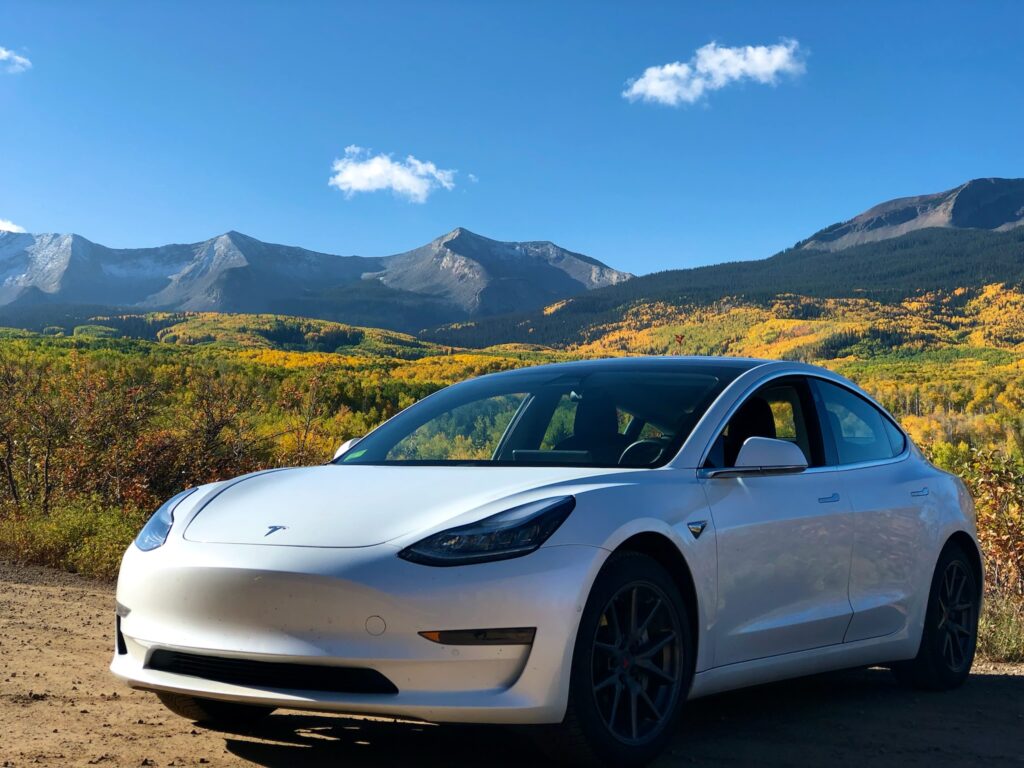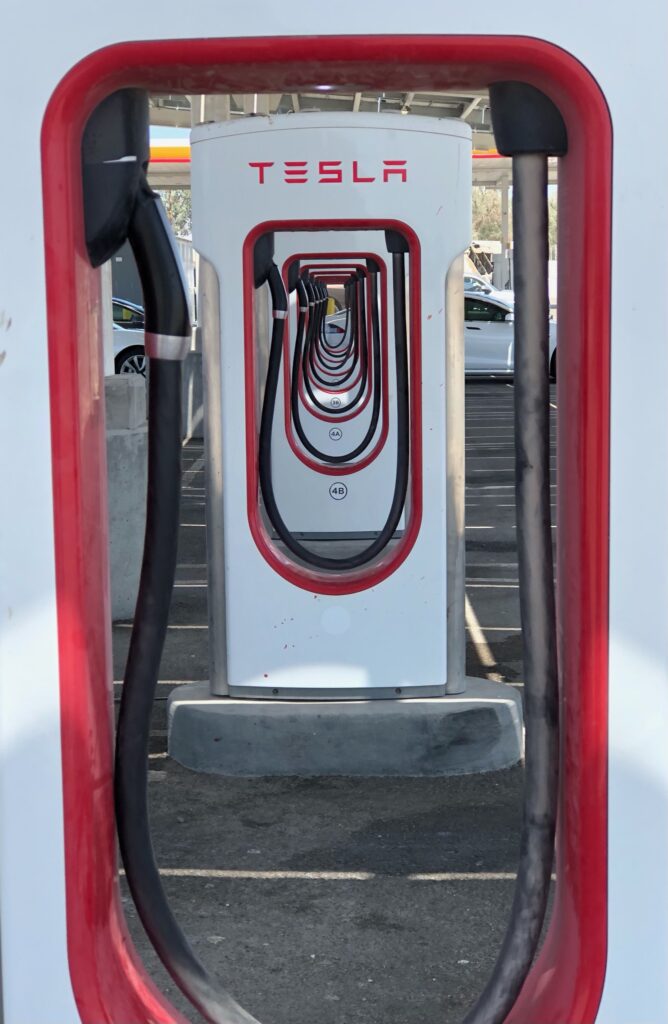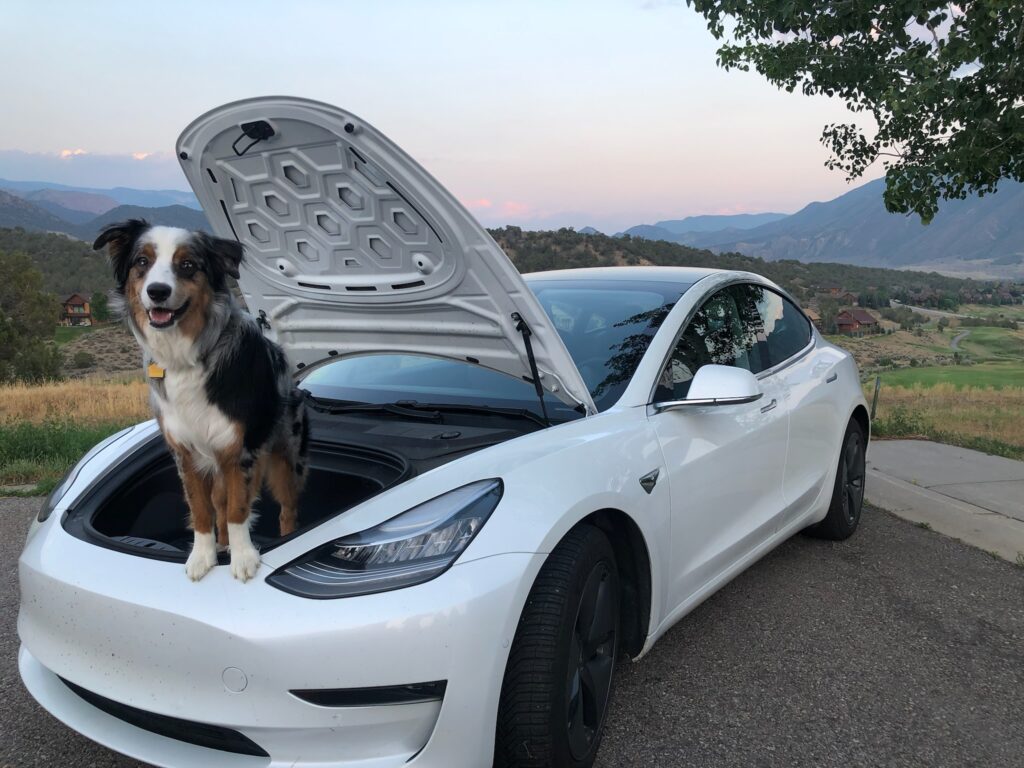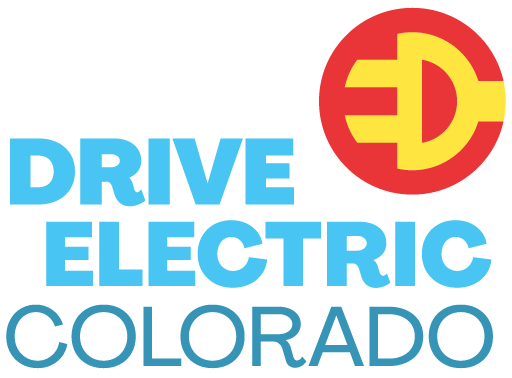Gas prices are at a recent all-time high. With more car manufacturers providing strong electric vehicle options, more people are asking, is it worth the switch? Will I really save more money driving electric than gas? The experience of thousands of EV drivers, including my personal experience, answers that question with a definitive, yes!
Prior to purchasing a Tesla Model 3 Standard Range, I owned a 2016 VW Jetta, purely for the efficiency. My Jetta averaged 32 mpg, had Apple Carplay, and was relaxing to drive. In 2019, we decided to give EVs a try and purchased the 2020 Tesla Model 3. We had done some math ahead of time, hoping the savings would pan out, and it proved to have incredible results.

In the last 30 days, I have driven 3,000 miles in my Tesla. My car consumed 617 kWh to make that distance, which averages almost 5 miles per kWh (a common efficiency rating for EVs.) An efficiency rating for EVs is not miles per gallon, but how many kilowatt hours are needed to travel 100 miles. An average EV consumes 30 kWh/100 miles. My EV averages around 21 kWh/100 miles.
My charging habits have been quite mixed: 60% of my charging is done at home, 30% at a free public charger, and 10% is done with supercharging on the road. At home, I pay Xcel energy their basic utility rate, which is around $0.13 per kWh for overnight charging. At work, I often use a free, public charger which takes a few hours. On the road, I use the Tesla Supercharger network, which costs $0.43 per kWh and charges in a matter of minutes. This means I paid close to $75 to travel 3,000 miles in my EV.

If I still had my Jetta today, that same distance would cost me nearly $480 in fuel (14 gal. tank/3000 miles= 8 fill-ups at $4.85), not including the maintenance costs for a gas car.
Granted, because my EV range is only around 220 miles, I spend more time charging than I would spend visiting a gas station. However, most often I attempt to charge while I am working or sleeping. Therefore, its effect on my life is quite minimal.
My battery is rated for 1,500 full charge cycles, or, in other words, 300,000 miles before serious degradation. I average $0.05 per mile driving the Tesla, which means I can expect to spend $15,000 in the car’s lifetime on charging. My Jetta averaged $0.12 per mile. Assuming it could make it 300,000 miles without major overhauls, engine, or transmission replacements, I would still expect to pay $36,000 in fuel costs alone. Oil changes and spark plugs bring the total lifetime cost of the Jetta to almost $40,000 (based on my local VW labor and parts) in the best case scenario.

According to KBB, the average cost of a new EV is $55,000, and the average cost of a new gas car is $47,000. A lifetime of charging brings that EV to $70,000 for 300,000 miles driven. On the other hand, a gas car could cost you $87,000 to drive those same miles in fuel costs alone.
So, do you ultimately save money charging with an EV? Whether you keep an EV for the life of the car or just a few years, you pay a fraction of the cost to fuel your EV than a gasoline car.

Written by Ben Westby
Photos by Ben Westby




